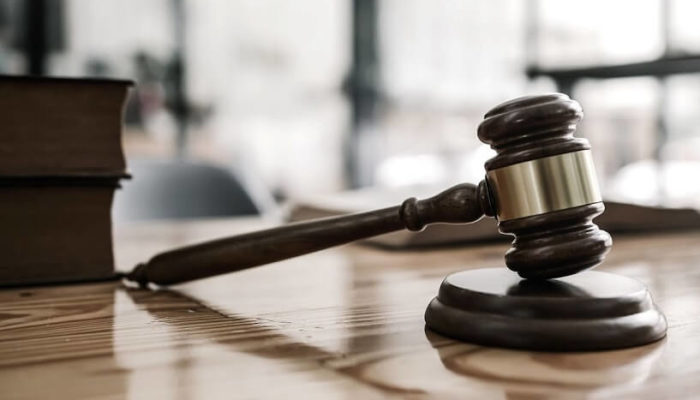If you’ve been arrested and charged with driving under the influence, you might have started doing some research on what to expect, but you might still have questions about the court process, including about an arraignment which can be intimidating.
Although your DUI charge might ultimately be pleaded down to a lesser offense with the help of an experienced Pennsylvania DUI attorney, you need to act with urgency after your arrest and promptly hire an attorney.
At Kellis Law Firm, we provide the aggressive and knowledgeable representation that our clients need. Learn more by calling (215) 977-4183 or by contacting us online to schedule a free consultation as soon as you can.
Arraignment – the basics
An “arraignment” is a type of hearing. In Pennsylvania, there are two types of arraignments: preliminary and formal.
Preliminary arraignment
A preliminary arraignment is mandatory if you were arrested without a warrant or based on a warrant, and it must occur within 72 hours after your arrest. During this hearing, the judge will inform you of your rights – including the right to legal representation, will set your bail if you qualify, and will read the charges that have been brought against you.
The formal arraignment
This will take place about a month or two after the preliminary arraignment. The judge or another official of the court will once again read the charges, and depending on the county, you might make a formal plea of guilty or not guilty.
If this is your first DUI arrest, you might be eligible for participation in the Accelerated Rehabilitative Disposition (ARD) program which is designed to help the court system dispose of DUI cases quickly and without the need for a trial.
Your attorney can tell you more about ARD and how to apply, but if you qualify, you’ll serve probation, pay fines and other costs, and successfully complete community service. If you complete the program (usually two years), then your case could be expunged from your record.
Bail
As noted earlier, the judge will rule on whether or not you meet the conditions for bail, and will then set the amount you’ll have to pay. If the court believes you aren’t likely to attend any subsequent hearings, or if it believes you’re a danger to others, then your bail is likely to be set extremely high. If the judge has reason to think you’re a flight risk, you may not be granted bail and you’ll have to remain in jail until your case ends.
If you’re a low flight risk and you’re not viewed as a danger to others, then you’ll either pay a much lower amount or be released on your own recognizance without having to post bail.
What happens if you plead guilty?
There are some people who simply don’t want to deal with trying to avoid DUI penalties and the court process. Instead, they would rather plead guilty, accept their punishment, and move on with their life.
It’s important that you have as clear of an idea as possible of the potential penalties you’ll face if you decide to plead guilty. Depending on the circumstances, you could be looking at years in jail and tens of thousands of dollars in fines. You’re really going to have to take your time and speak to an attorney so you can make the very best choice possible.
Why hire a DUI lawyer?
Pleading not guilty will give your attorney time to negotiate with the prosecutor on your behalf. There’s a chance that the prosecuting attorney will offer you a much lower penalty in order to bring the case to a close.
Your attorney will also have more time to thoroughly investigate your arrest, looking to see if all processes were followed to the letter of the law and if there’s sufficient evidence for a conviction of the charges that were brought against you.
There could be something uncovered during that investigation that possibly leads to your case being thrown out. For example, there could have been an issue with the breathalyzer test you took or with the field sobriety tests (they’re notorious for being inaccurate, to say the least).
If you submitted to a blood test, there could have been an error made somewhere in the chain of custody. We’ve seen a lot of instances where seemingly strong DUI cases completely fell apart due to an error like that.
Don’t make a hasty decision – Speak with a lawyer before you decide on your plea
As much as you may want to simply get this nightmare over with, you can’t make hasty decisions because they could have long-term effects on your life — the stakes are simply too high.
Speak with a Pennsylvania DUI attorney from Kellis Law Firm before making any decisions. Contact us today to schedule your consultation by calling (215) 977-4183.
